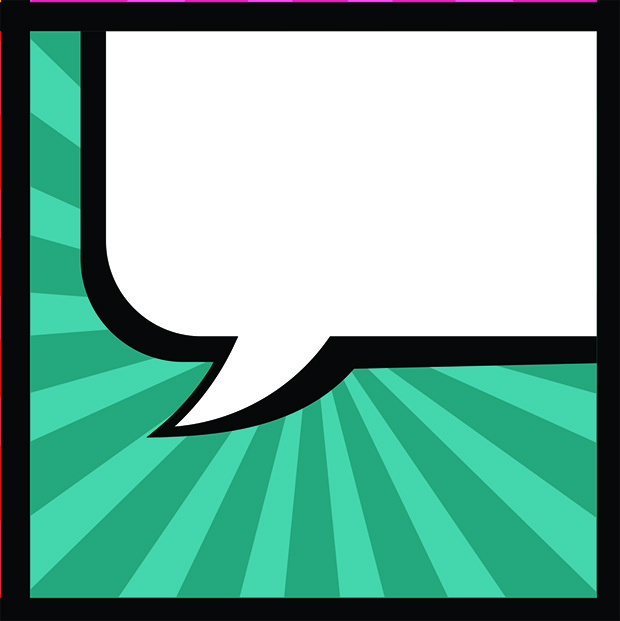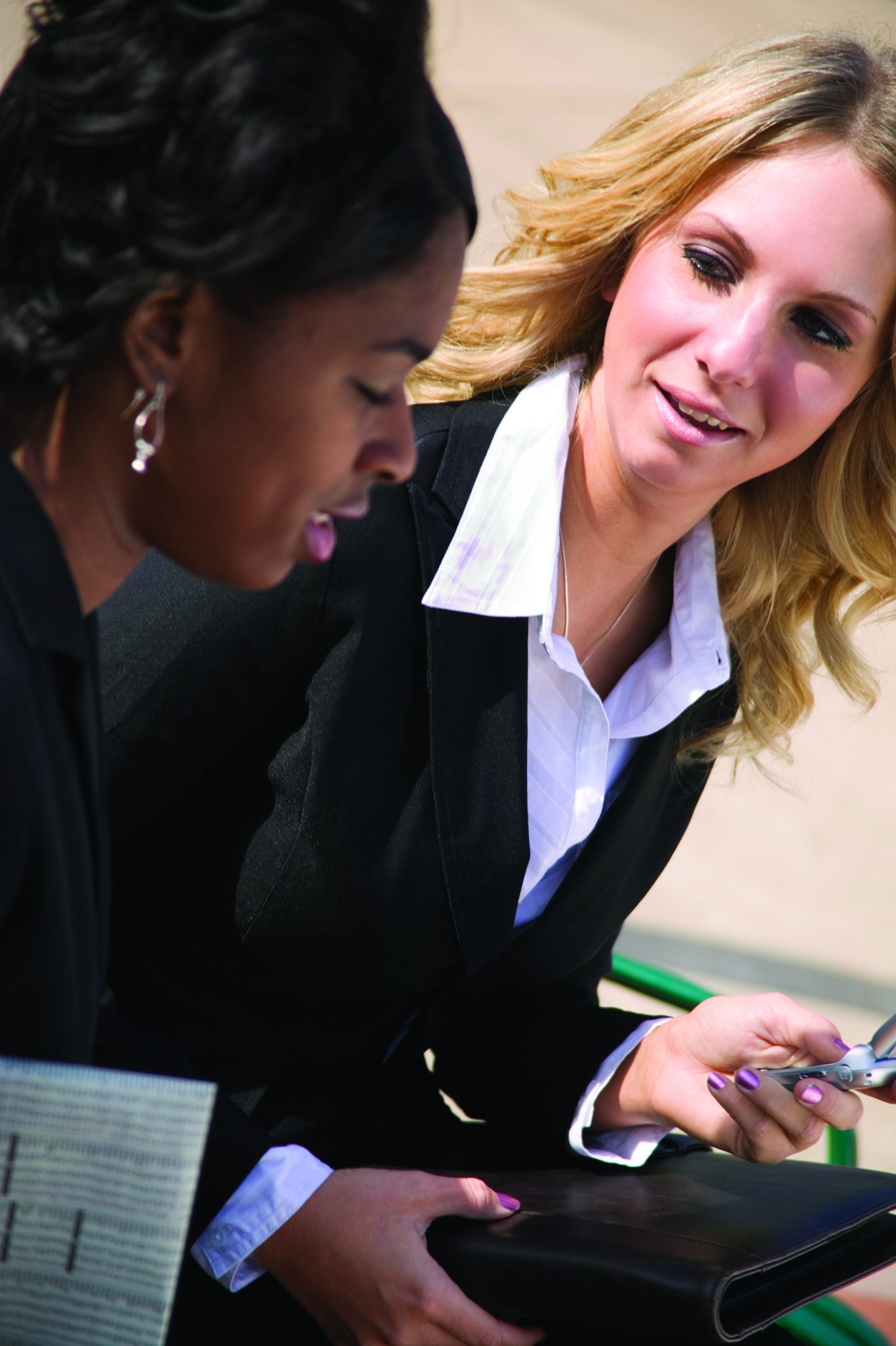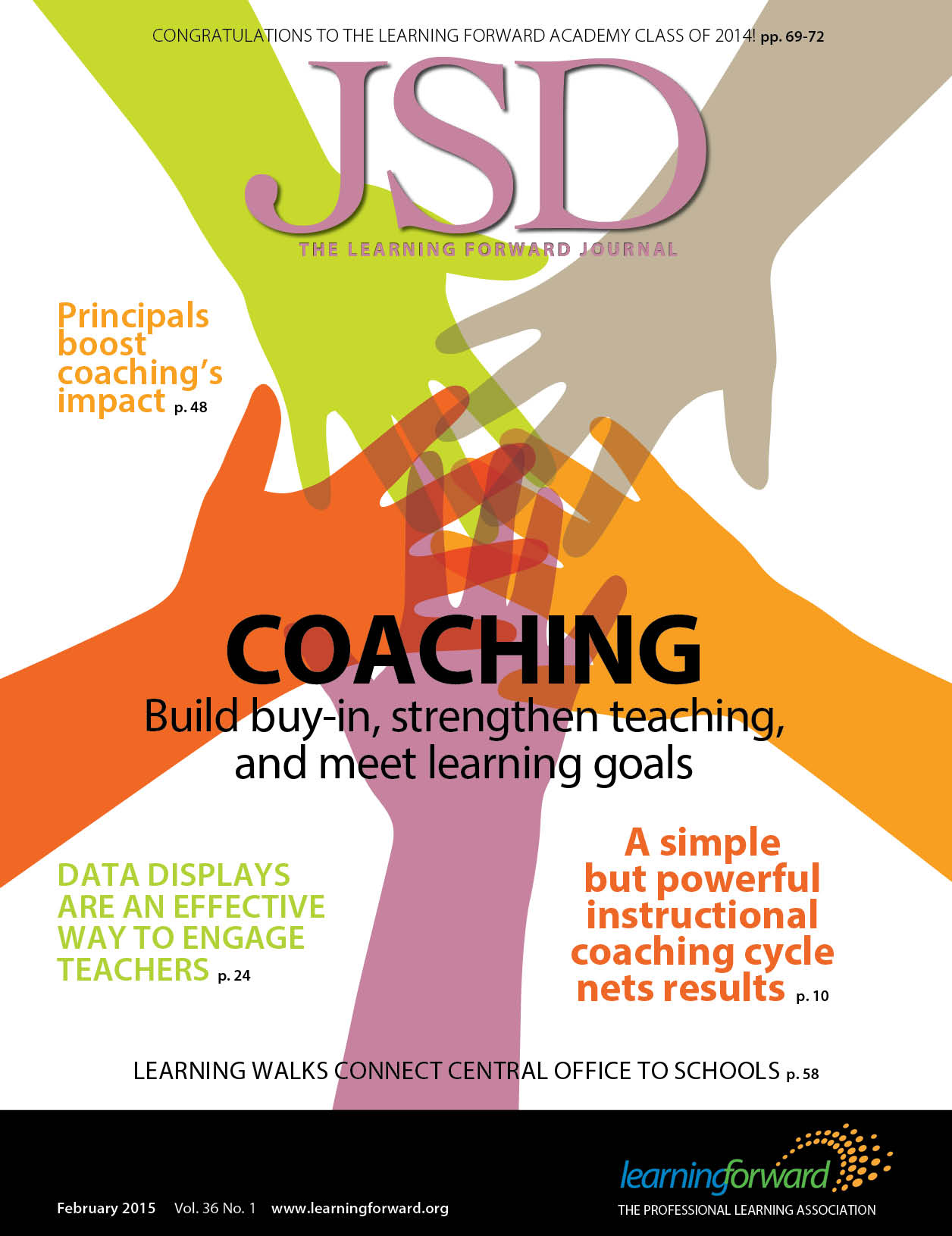
Learning Forward
Learning Forward is the only professional association devoted exclusively to those who work in educator professional development. We help our members plan, implement, and measure high-quality professional learning so they can achieve success with their systems, schools, and students.
All Articles
-
Check Your Gauges
Teachers maintain a capacity for learning throughout their careers. However, experience alone is not enough to promote learning. Growth occurs when teachers reflect on that experience and use higher-order thinking processes to plan, monitor, evaluate, and modify educational tasks. Coaching is a way to support teachers in assessing and improving […] -
Power Tools For Talking
Discussion-based protocols — an “agreed upon set of discussion or observation rules that guide coach/teacher/student work, discussion, and interactions” (Ippolito & Lieberman, 2012, p. 79) — can help focus and structure productive professional learning discussions. However, while protocols are slowly growing into essential elements of professional learning in schools (Ippolito, […] -
Clear Goals, Clear Results
Learning how to give effective feedback can be a difficult task for teacher leaders. This is especially true for what is called “hard feedback”— that is, feedback that challenges the teacher’s practice and therefore may cause some level of professional discomfort. Educators at the University of Pittsburgh’s Institute for Learning have […] -
What We Learned From A Tomato
Researchers from the Pearson Research and Innovation Network investigating partnerships between teacher teams and outside content experts got a close-up look at how these relationships impact teachers’ instructional practice. The partnership model they have been studying is called Learning Studios, developed by the National Commission on Teaching and America’s Future. […] -
Talking Points
Although many models of coaching exist, one that promotes a high level of active adult learner engagement is instructional coaching using Jim’s Knight’s partnership coaching model (Knight, 2007), in which teachers engage in the coaching cycle with a coach or peer and have significant voice in shaping their own learning. The […] -
Problem Solvers
In early November 2013, I (Sara) started talking to Christy about visiting the Hurley School. I felt that the Hurley had spent considerable time transitioning to the Common Core State Standards on literacy, but little time addressing the shifts in math. I worried that our math classes were no longer […] -
3 steps to great coaching
Atul Gawande’s comment is often used to justify coaching. What people overlook in his comment, however, are the words “done well.” Coaching “done well” can and should dramatically improve human performance. However, coaching done poorly can be, and often is, ineffective, wasteful, and sometimes even destructive. What, then, is coaching […] -
Up Close
Teachers’ Coaching Preferences When executed well, the value of professional development formats like coaching and collaboration can be substantial. And teachers in strong collaborative environments see significant benefits in their day-to-day work. But the way these formats are offered in many places falls short of the ideal and leaves many […] -
New Officers and Board Members Lead Learning Forward
DALLAS—JANUARY 15, 2015—Deborah Jackson, special projects administrator in Fairfax County (Va.) Public Schools, began her term as president of Learning Forward at the conclusion of the association's annual conference in Nashville, Tenn., on December 10, 2014. Jackson succeeds Julie Blaine, executive director of the Central Regional Professional Development Center at […]











